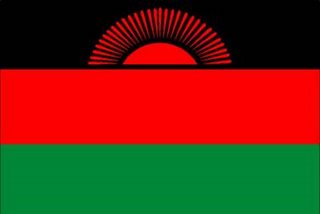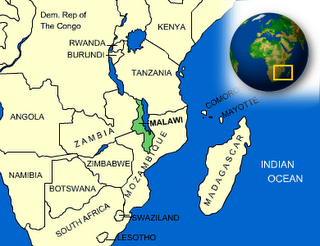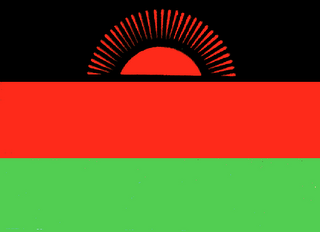London Free Press Article
-=-=-=-=-=-=-=-=-=-=-=-=-=-=-=-
The promise-keepers: Making Canada accountable to the world’s poor
By: Luke Brown and Jason Teixeira
There’s a local bar in the city of Tamale, Ghana, West Africa. Its name is Point 7. To many people here, it’s a place to relax with friends over a local Ghanaian brew. To Canadians in Tamale, it’s a stark reminder of one of our major failures on the international stage.
In 1969, a commission led by Lester B. Pearson recommended a target for international aid: 0.7% of a country’s Gross National Income should go towards development aid. This standard was agreed upon by the United Nations’ General Assembly member countries: including Canada.
Yet Canada never met this obligation. Despite being the nation from which the goal was born--a country (ostensibly) passionately dedicated to the global good--we currently contribute a mediocre 0.34% of our GNI to the world’s poor.
However, it’s not too late for us to partially redeem ourselves by demonstrating a commitment to the world’s developing nations. This can be done through new legislation that is making its way through parliament: legislation that, while not boosting our aid, would at least make it more effective.
Bill C-293 (the Development Assistance Accountability Act) is a private member’s bill put forth by Liberal Member of Parliament John McKay, and will go to its second reading in parliament early this fall. This would mean making a few key changes to the way Canada helps other countries on their path to development.
First of all, the bill would enshrine in law that the raison d’être of our development aid is to help the world’s poor get a leg up on the development ladder.
Second, a petition system would let citizens of beneficiary communities comment on the effectiveness of the money we’re sending overseas. This means that if the aid is not truly geared towards poverty reduction, or if it’s not taking into account the perspectives of the poor, or if it’s not in line with Canada’s human rights obligations, then we’ll be sure to hear about it.
And who better to help keep our government accountable in aid spending than the people who are receiving the aid itself? Who better to let us know whether or not our dollars are actually having an impact?
Development efforts don’t always benefit everyone. As volunteers on the ground in Africa, we’ve seen first-hand the frustrations that people here can have with these projects. For instance, Helen Ayaro, a water and sanitation officer in northern Ghana, describes the effects of a dam project in neighbouring Burkina Faso. The Bagre Dam was constructed to allow farmers in Burkina Faso to irrigate their land when the rains are sparse.
“Authorities (in Burkina Faso) are in charge of opening and closing the dam. When they open the dam it can cause flooding along the White Volta River, which destroys crops and damages communities in northern Ghana.” This dam, designed to help some people work their way out of poverty in Burkina Faso, has had the opposite effect on other people in Ghana.
She laments that Ghanaians have little voice in preventing such problems from happening, whether the problem originates in another country, or in their own backyard. While the Bagre Dam wasn’t funded by Canadian money, we can still take a valuable lesson away from it to apply to the projects that we do fund. As Helen says: “We need to know, was what they brought to your community actually what you needed, or was it against your will? Is it making an impact, or is it violating your rights?”
Bill C-293 is in the spirit of empowerment: it gives a voice to, and ensures opportunity for those who need it, helping to pave the road towards independence.
"We may need some help and inputs to get started but we are doing it for ourselves now,” says Dorothy Kendulo, as she prepares her fields to grow mustard in rural Malawi, in southern Africa. “We can use technical advice and working together we can do things for ourselves - we are working."
We believe Canadians are a benevolent people. Ask your government to represent this on the global stage. Rather than making empty promises and half-hearted commitments, let’s prove to the world that we truly do care.
We may be far from reaching the 0.7% pledge, but we can still demonstrate that our moral duty to the world’s poor isn’t just an empty promise. Let’s make sure that Bill C-293 is passed. For more information, and to encourage your local Member of Parliament to vote for positive change in Canada’s role on the global playing field, visit www.playyourpart.ca.
Luke Brown and Jason Teixeira are both Londoners and graduates from UWO’s Engineering program, and are now volunteering through Engineers Without Borders in Ghana and Malawi, respectively.





